
Myth: Oily skin is caused by a high-fat diet
There is no research to back up the claim that a high-fat diet is to blame for oily skin, according to Dr. Garber. The truth is that oily skin is caused by excessive production of sebum by large sebaceous glands, according to the Journal of Skin Pharmacology and Physiology.
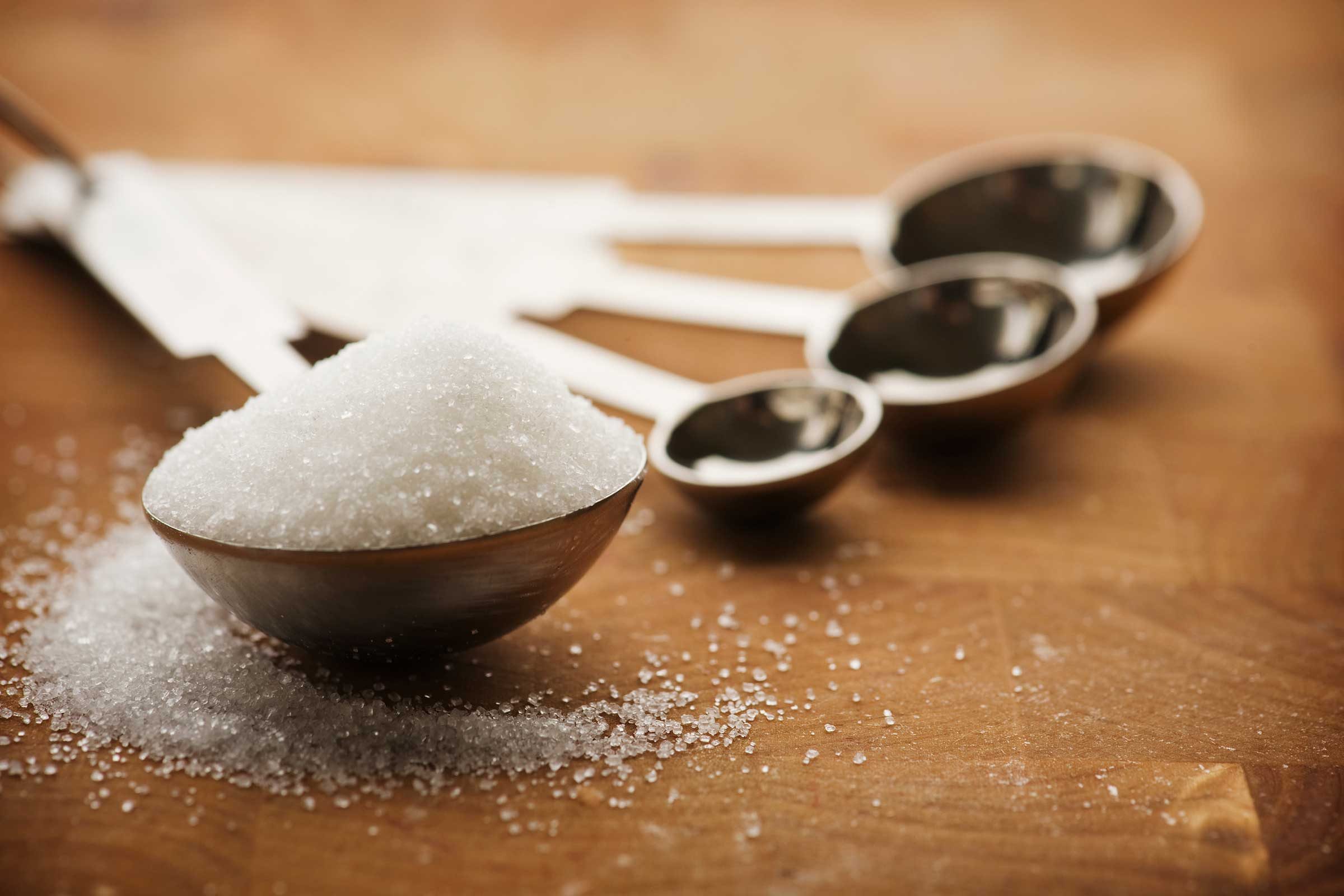
Myth: Your diet has no effect on oil production
Even though there is no clear link between a high-fat diet and excessive oil production, sugar consumption may play a role in causing oily skin. A high-sugar diet does not cause oily skin in all individuals, but certain people are more sensitive to the sugar in their diet, according to Dr. Garber. These are clear signs your diet has too much sugar.

Myth: If you have oily skin, skip moisturizer
Many people believe that moisturizer will only make their oily skin worse, but that couldn’t be farther from the truth. “People who let the surface of their skin dry out then find their skin overcompensating and ending up producing more oil,” explained Dr. Garber. “Look for a moisturizer that is labeled ‘non-comedogenic.’ This means that it doesn’t cause acne.”
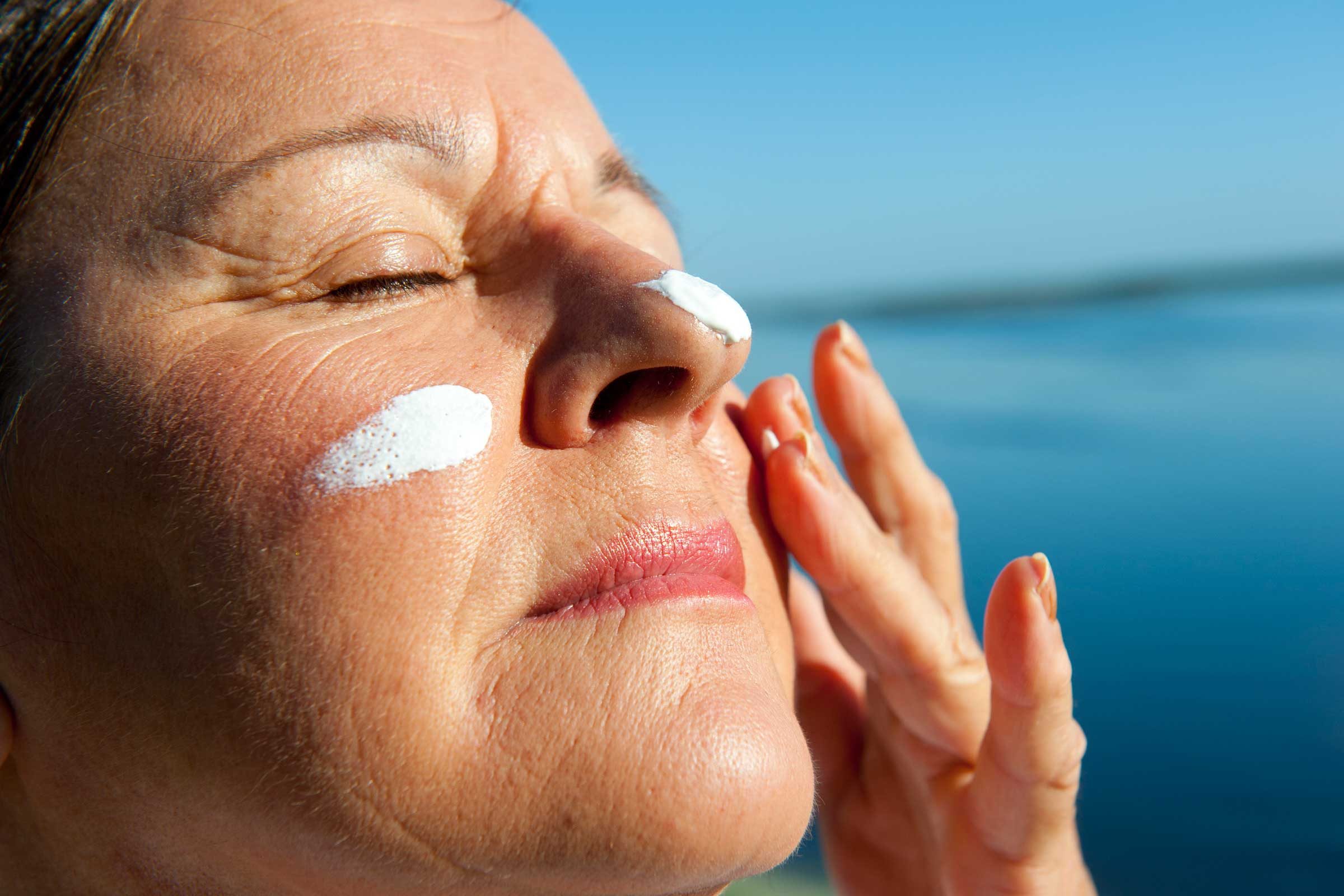
Myth: Using sunscreen makes oily skin worse
Sunscreen is important to preventing skin cancer and should always be part of a healthy skincare routine. Individuals who are concerned about a heavy sunscreen exacerbating their skin problems should opt for sunscreen made especially for those with acne-prone skin, advised Dr. Garber. These myths about sunscreen make dermatologists cringe.

Myth: Spending time in the sun will improve oily skin
Even though sun exposure does dry out the skin, it doesn’t actually improve oily skin. Skin that has been dried out by exposure to the sun will eventually begin overcompensating by producing more oil than necessary, according to Dr. Gerber. Additionally, the risks of unprotected sun exposure are too great. Individuals of all skin types should be armed with sunscreen or protective clothing when spending time in the sun. Did you know about these weird ways the sun affects your body?
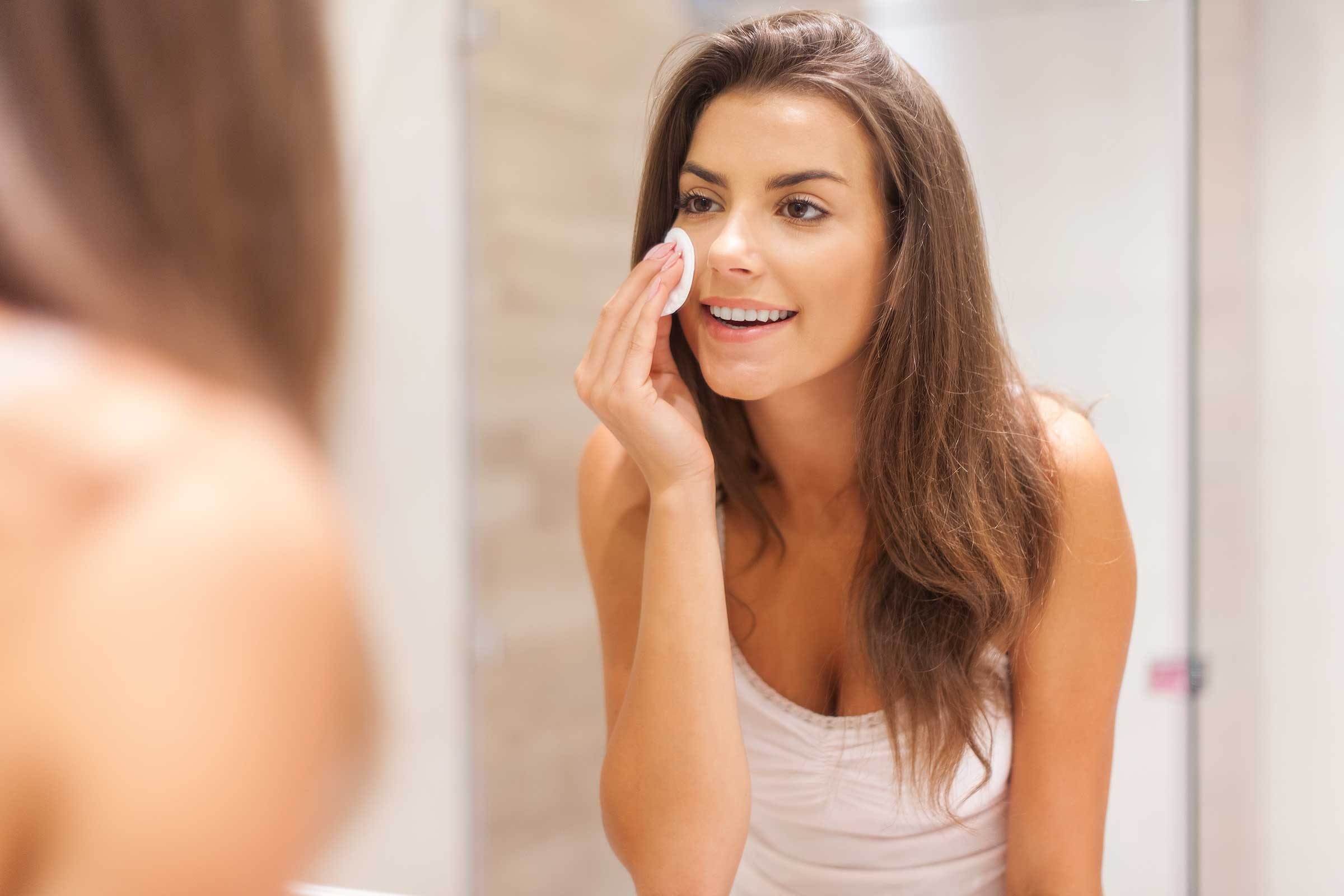
Myth: Use alcohol-based skin products to strip oil from the skin
Using alcohol-based skin products will most definitely strip the oil from your skin, but it won’t improve your skin’s health over the long term. Instead, your top layer of skin will become too dry, signaling your skin to produce more oil to compensate. Here are other reasons your skin kind of hates you.

Myth: Using oil-based products will remedy oily skin
One school of thought suggests using natural methods to clean oily skin, such as cleansing with olive oil or other oil-based products. However, the benefits of this practice is still undetermined. According to Dr. Garber, the use of any oil-based skin products will clog pores and make oily skin worse.
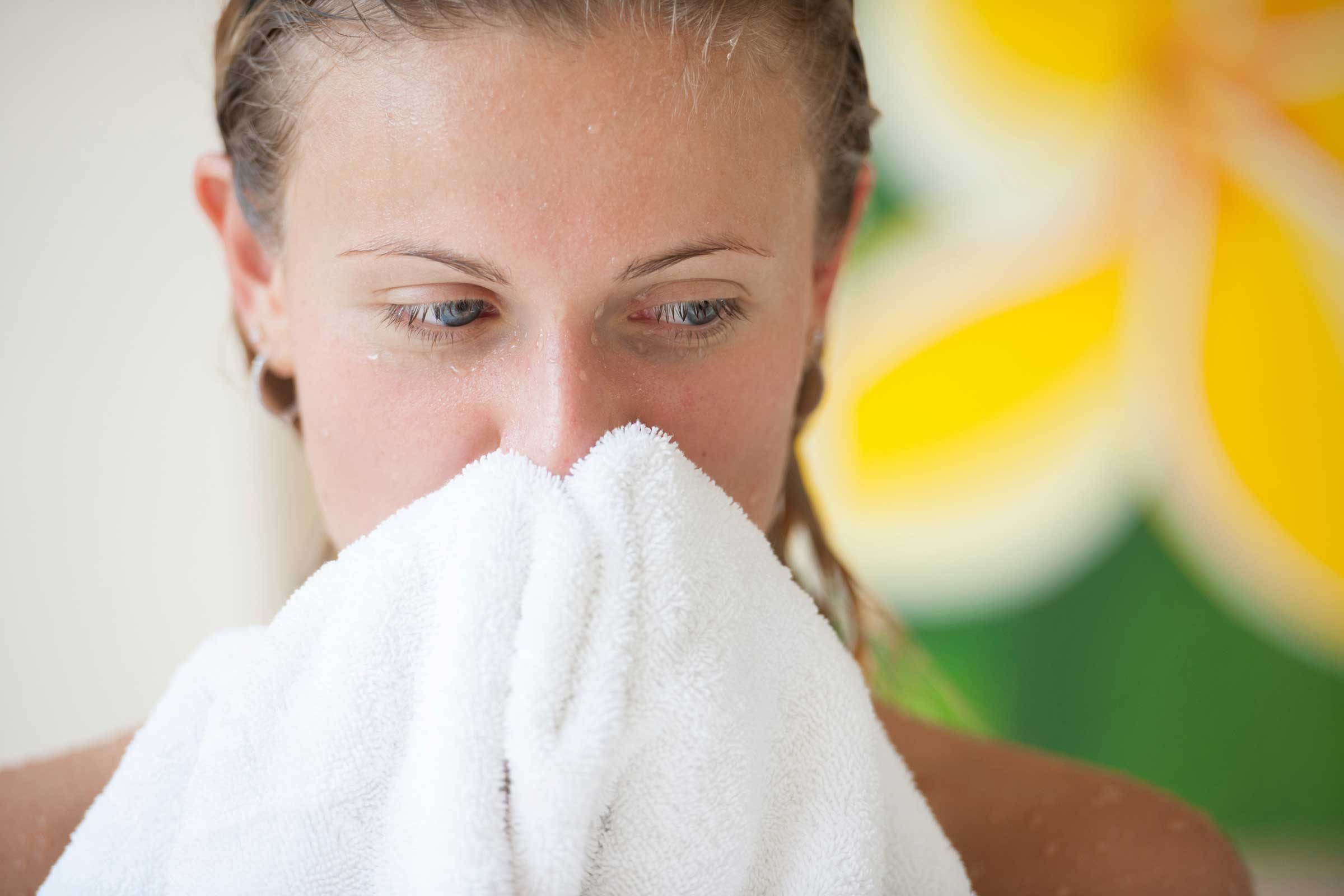
Myth: Exfoliate daily to relieve oily skin
There is no benefit to exfoliating your face on a daily basis, according to Dr. Gerber. Most skin experts recommend watching how your skin responds to exfoliation and adjusting frequency if you notice your skin is becoming red or irritated.
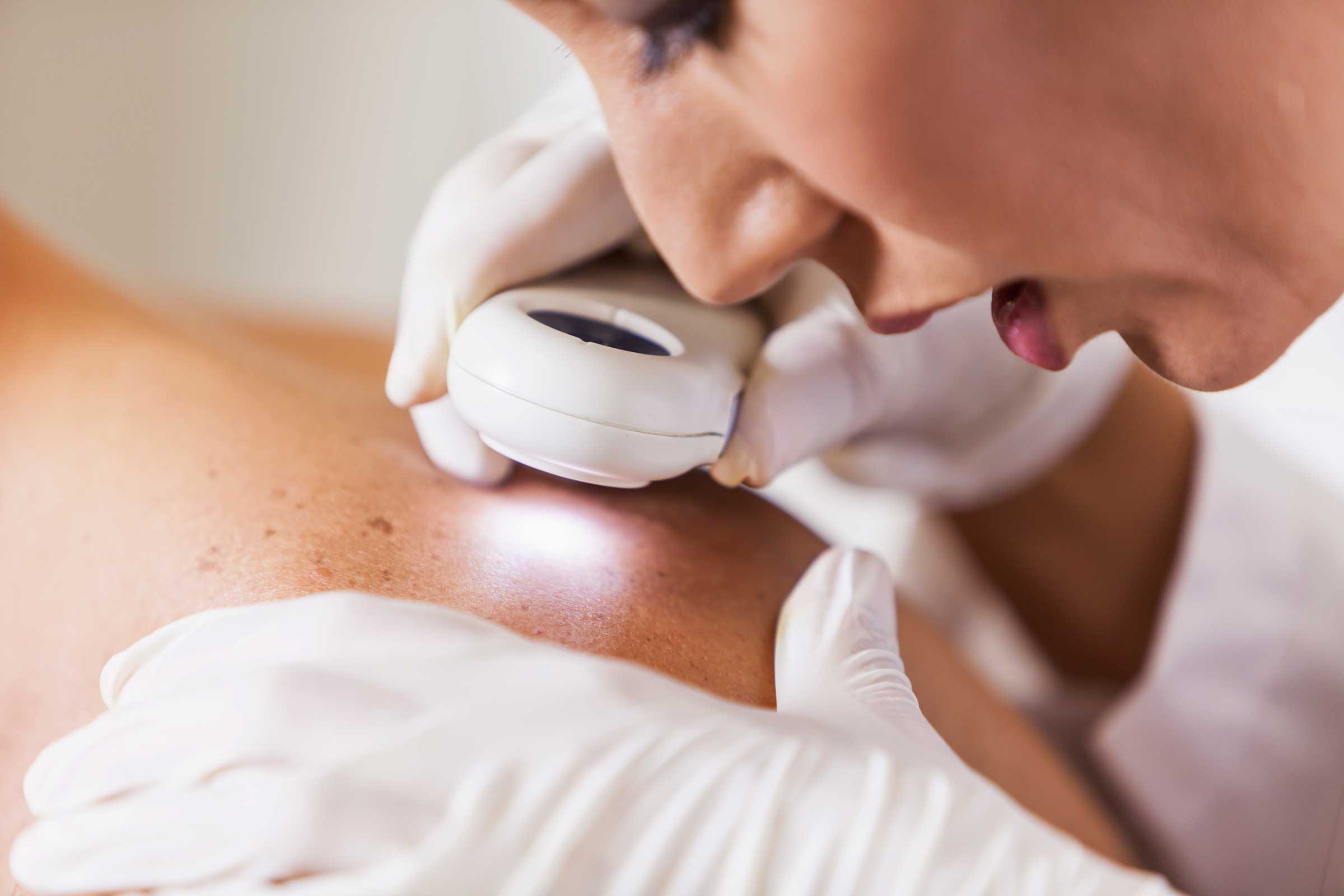
Myth: There’s really nothing you can do about oily skin
Even though certain skin types may always be prone to producing excess oil, there are still proven ways to decrease oil production and maintain clear skin. Dr. Garber suggested individuals with oily skin types begin by trying topical witch hazel as a toner. For those needing more aggressive methods, she advised making an appointment with a dermatologist to discuss the possibility of using prescription medicine to slow oil production. This is the worst skin-care advice dermatologists have heard.
